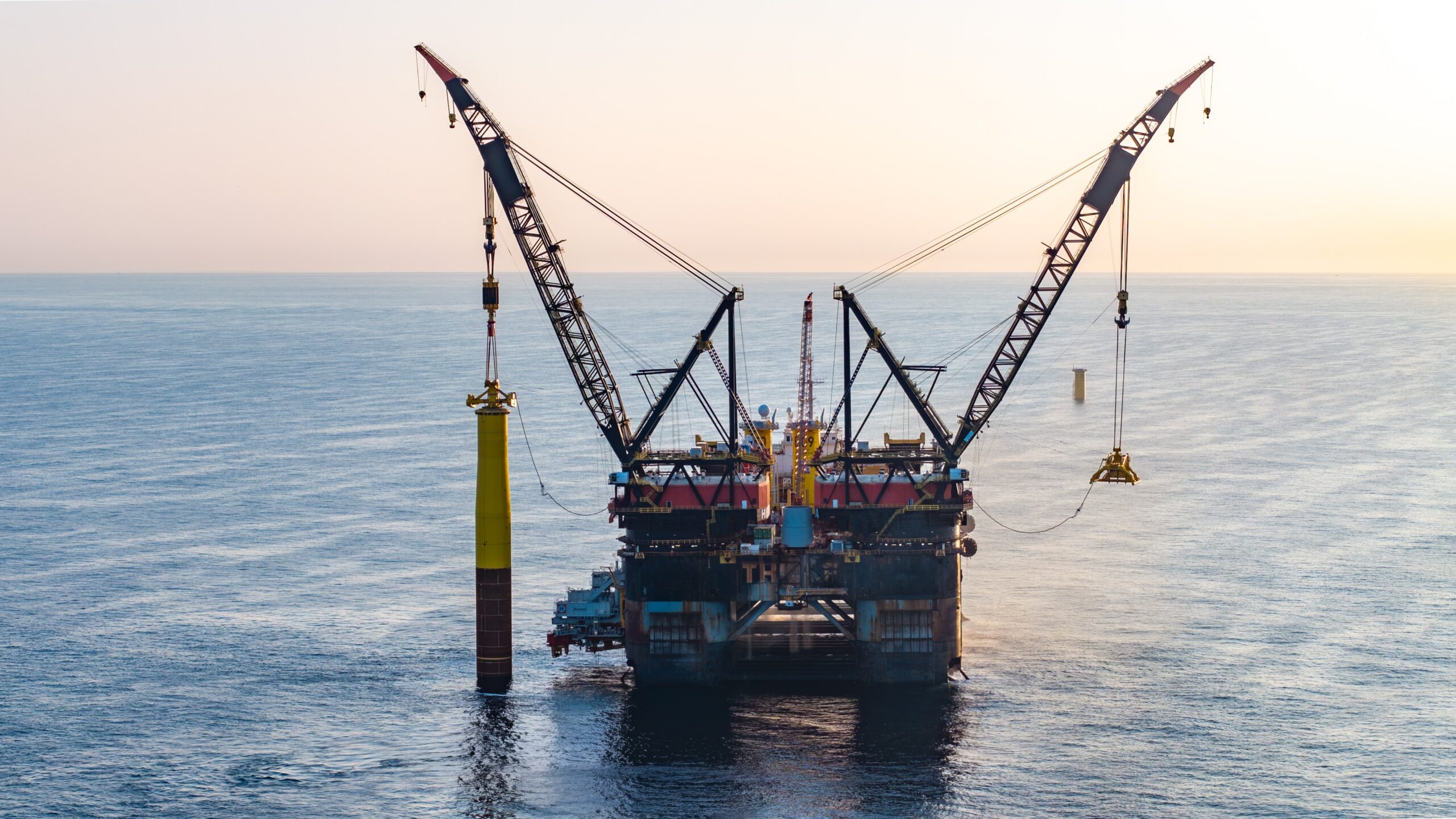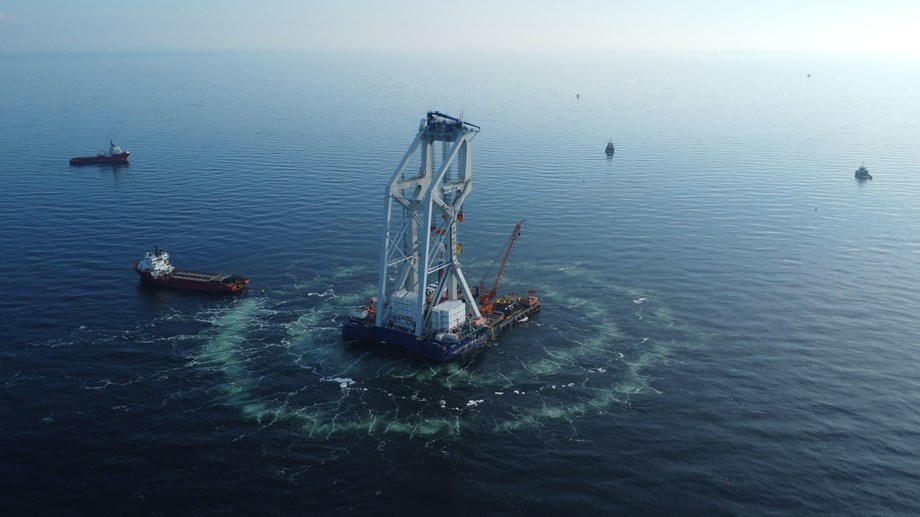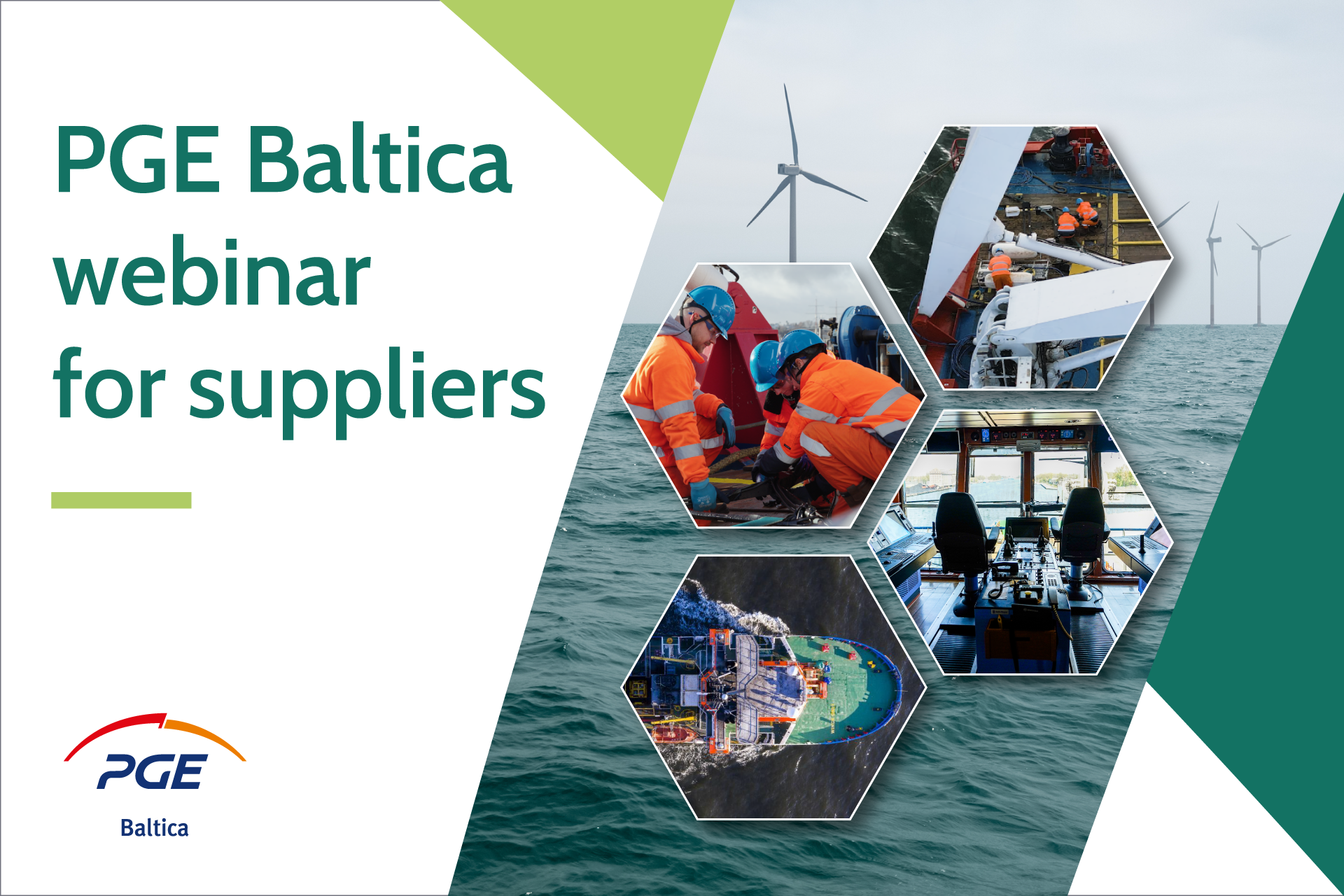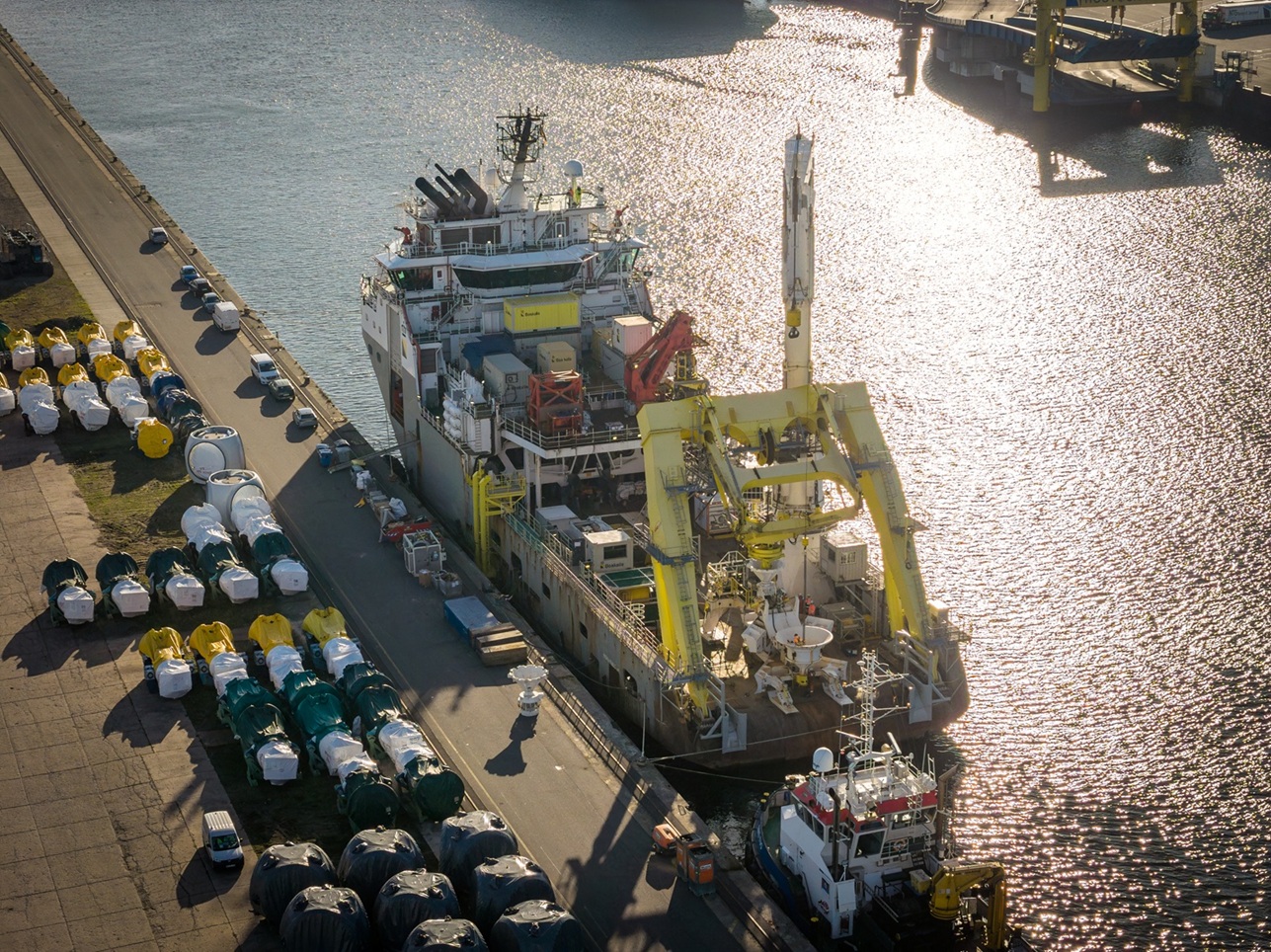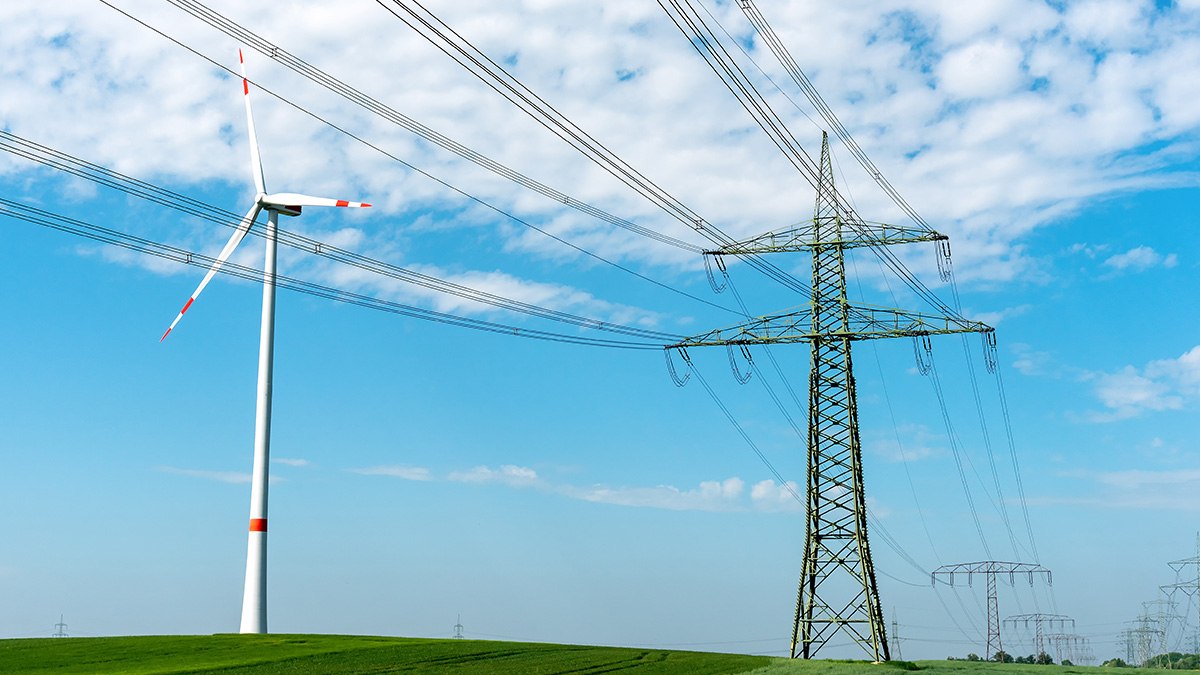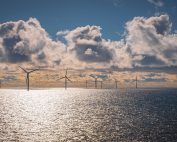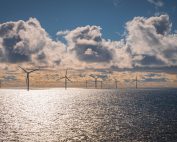The University of Gdansk (UG) is the largest university in the Pomeranian region. It employs 1810 research and teaching staff, who conduct education and research at 11 faculties for 24,000 students and PhD students. – The University of Gdansk treats the offshore wind energy sector strategically, taking into account the possibility of applying the results of the research conducted at the University and the development of the potential labour market for its graduates – says Professor, PhD, Piotr Stepnowski, Rector of the University of Gdansk, in commentary for BalticWind.EU. The commentary was originally published in “BalticWind.EU Quarterly Country Report Poland Q1 2022″.Prof. Stepnowski emphasises that the University of Gdansk is a university with a rich didactic and infrastructural background.
Prof. dr hab. Piotr
Stepnowski“It is a university whose maritime authority is built on internationally renowned research stations: Hel Marine Station of the Institute of Oceanography named after Prof. Krzysztof Skóra, the Bird Migration Research Station, and the Biological Station in Sobieszewo”, he points out.
“The University treats the offshore wind energy sector strategically, bearing in mind the possibility of applying the results of research conducted at the university and the development of the potential job market for its graduates”, he adds. This is evidenced by the rich educational offer. At almost all faculties UG conducts subjects related to maritime issues, including the offshore sector.
University of Gdansk offer
Fields of study, specialisations, and postgraduate studies dedicated to offshore wind energy constitute individual educational paths. The first one is Environmental Protection (undergraduate and postgraduate studies), which is an interdepartmental course (Faculty of Chemistry, Faculty of Biology, Faculty of Oceanography and Geography (WOiG)). Graduates possess interdisciplinary knowledge, skills, and competencies in general and practical environmental protection issues. In particular, they are prepared to analyse and evaluate the environmental effects of major processes in nature.
The next course is Marine Hydrography (undergraduate engineering studies), which is an interdepartmental course (Department of Oceanography and Geography, University of Gdansk, Polish Naval Academy in Gdynia). Graduates will be prepared to carry out hydrographic survey work (bathymetric and sonar measurements…
The full article you can read in BalticWind.EU Quarterly Country Report Poland Q1 2022.



